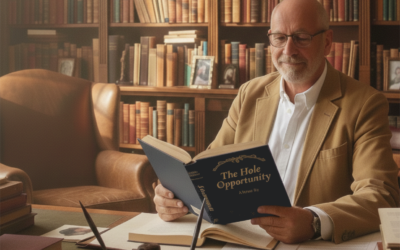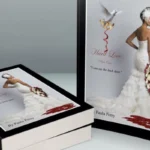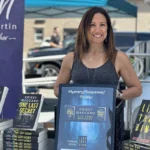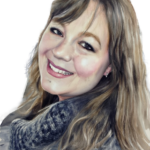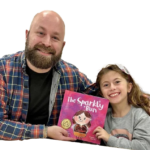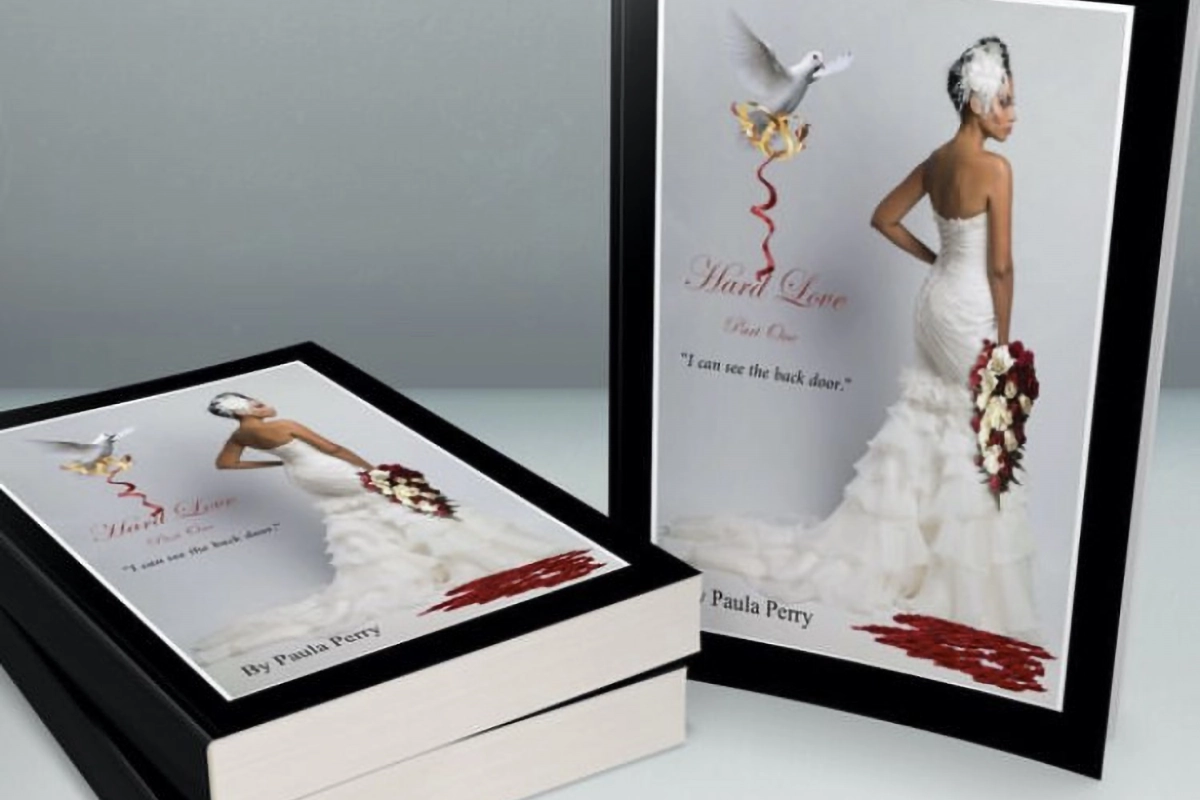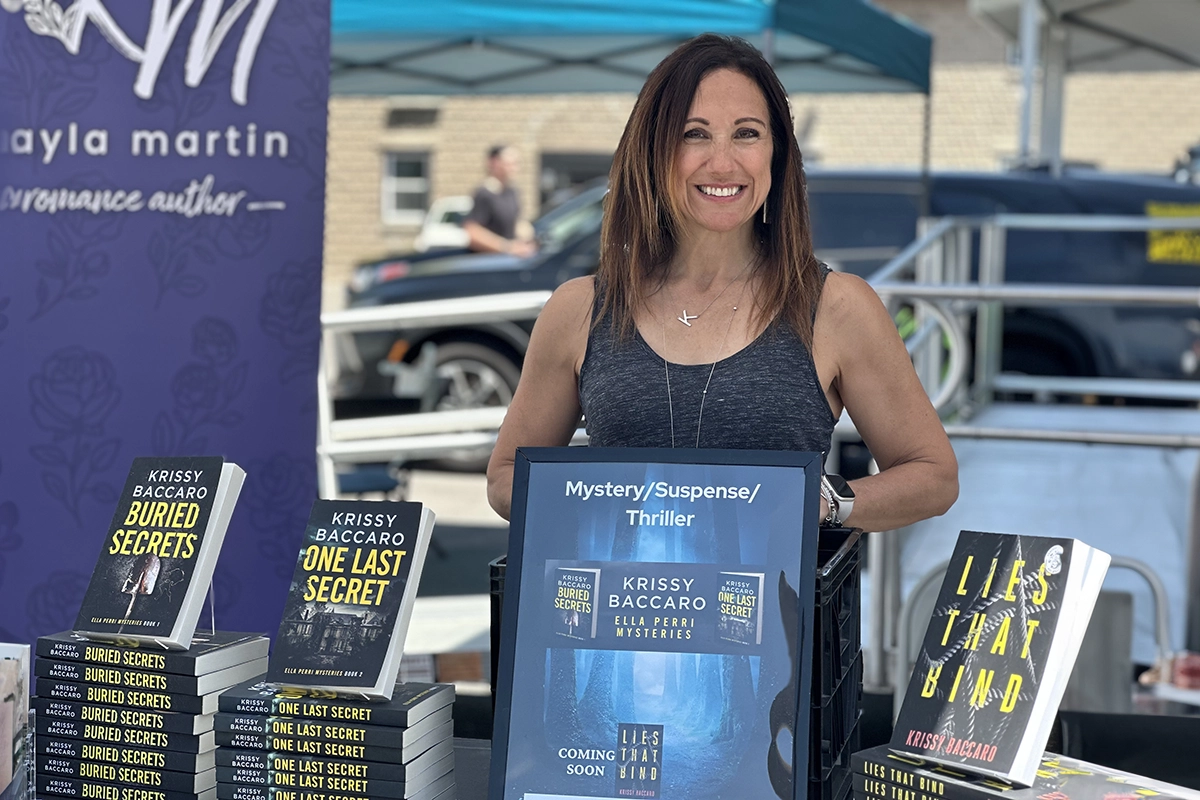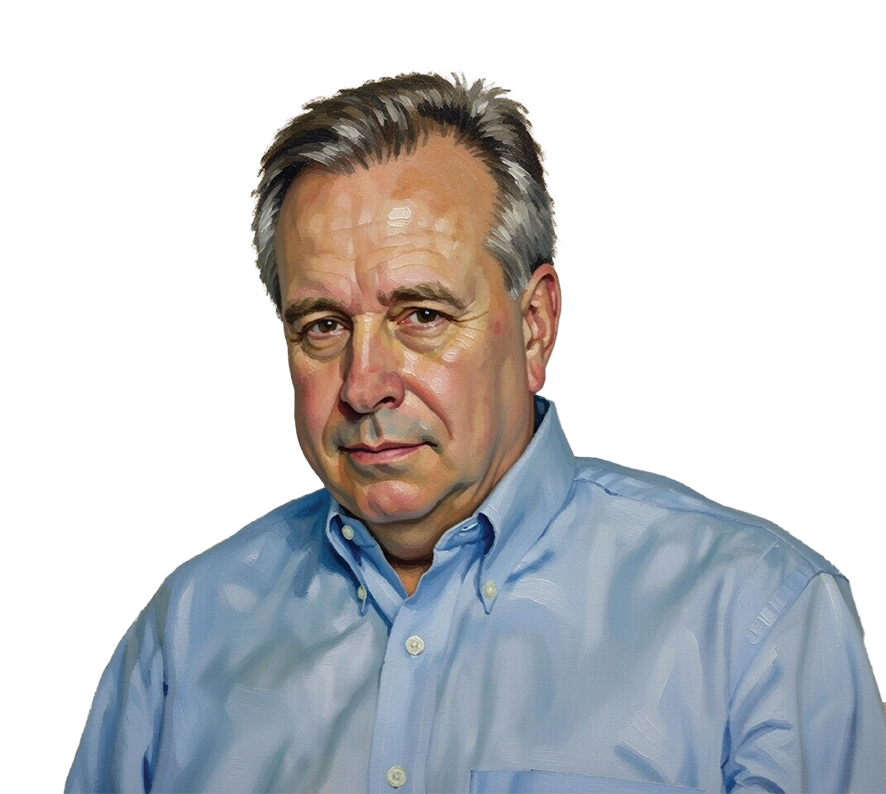Alma Alexander Explores the Boundaries of Fantasy and Reality

PHOTO: Alma Alexander, a globetrotting author, invites readers into her imaginative worlds with tales of adventure and introspection.
Unveiling Inspiration Through Diverse Cultures and Personal Experiences
Alma Alexander’s journey reveals how diverse cultural experiences shape her writing, from blending philosophy and fantasy to exploring themes of heroism and the power of words.
Alma Alexander’s remarkable journey as a writer is a testament to the power of diverse experiences and the transformative nature of storytelling. With roots in a country that no longer exists and a life spent traversing the globe, her rich multicultural background informs the intricate worlds and characters she creates in her fantasy novels. From her acclaimed work The Secrets of Jin-shei, which fuses Eastern philosophy with enchanting narratives, to her introspective essays in Alchemy of the Word, Alexander exemplifies how personal experience can deepen a writer’s craft. In this interview, we delve into her literary evolution, exploring themes of heroism, the interplay of science and fantasy, and the profound impact of words on her life and the lives of her readers. Join us as we uncover the insights and inspirations of an author whose imagination knows no bounds.
Your multicultural upbringing spans Yugoslavia, Africa, New Zealand, and now the U.S. How have these diverse cultural experiences influenced the worlds and characters you create in your fantasy novels?
Entering a new environment sharpens your observation skills because you need to be observant about the changes that immediately impact you – it’s a survival skill. It also doesn’t hurt that this is a basic building block of worldbuilding in a writing environment, as well. The best fantasy is rooted in reality in some way or another – and yes, I use my Professional Tumbleweed background in my writing all the time. I have learned how meaningful details can be, by living the changes of those details in my own life in real time. This is not to say that spending your life fluttering around the world, as opposed to being born/living your entire life/dying in the same town, is a prerequisite for being a good writer… but it sure helps.
In your recent work, Alchemy of the Word, you delve into personal essays and reflections. What inspired you to transition from fiction to this more introspective format, and what do you hope readers take away from it?
It’s partly the fact that my last handful of years have been sparse on the writing of new fiction – there has been way too much loss and grief in order to concentrate on that – so I turned to what has always sustained me, my books. And I shared with readers how my books have made me into a writer – how my house is built on books, by books, from books – how much words mean to me, how transformative they have been of myown life. And I can only hope that some of that transformation spills over onto anyone who loves words as much as I do, anyone who reads “Alchemy” and follows me into my library.
Your novel The Secrets of Jin-shei has been described as a unique blend of Eastern philosophy and fantasy. What drew you to this fusion, and how did you approach integrating these elements into your storytelling?
I didn’t write that novel so much as TAKE DICTATION. It just came to me fully formed, and exquisite in its shape and its modalities. I remember writing 10,000+ words of it on one astonishing day while I was creating this thing and those characters… just knew what they were doing. I was an amanuensis and I documented what they told me but THEY made their decisions, THEY created the world they lived in. It was an extraordinary book, luminous and shining, and I remain forever grateful for the gift ot it.
You’ve described your path to becoming a writer as being ‘mugged by the muse.’ Can you share more about that moment and how it set you on your literary journey?
It wasn’t a moment; it was a lifetime. My muse, you might say, was the fairy godmother bearing ‘gifts’ who came to stand by my cradle; she sprinkled words over me like a magic spell before I even knew what they were and I have been wrapped in them all my life. I taught myself to read at four. My grandfather was a practising poet who immersed me in poetry before I was five. I wrote my first novel when I was eleven. People always ask, what made you decide to become a writer? THe answer to that question is I decided nothing, I did not “become” a writer. I always was one. I was born with that mark on me.
Your Val Hall series explores the lives of retired superheroes. What inspired you to delve into the ‘afterlife’ of heroism, and what themes were you aiming to explore through this narrative?
That whole thing actually started as a light-hearted exchange on social media about how nobody ever wrote anything about a superhero in an old age home with a hospital orderly sidekick….so I said challenge accepted and thought about it and then wrote a story… and the story sparked something entirely different… and Val Hall sprang to live. Every story in that collection is datelined with a year and an event in that year which triggered a superhero moment in a character – and some of those dates and stories are really powerful ones, giving rise to really powerful stories. I never knew I would write the stories in this collection, they weren’t even on the radar – but the writing world is one where, when you trip over something good that’s been thrown into your path, you pick it up and you run with it. I ran with Val Hall, with Eddie (who turned out to be so much more than he originally seemed to be). These short stories became important to me, and for a number of them I did enough research for an entire NOVEL in order to make them come alive. For at least one of them, I can say that I ended up shivering and shaking when I was done writing it. I really hope that they resonate for readers, and I think that different ones might call to different readers, that individuals might find what they themselves specifically need in the fan of dates/events being portrayed, and, honestly, that it helps find the superhero within themselves when they need one to arise.
With a background in microbiology and a career in fantasy writing, how do you see the interplay between science and fantasy in your work? Do your scientific insights inform your world-building?
The MSc in Molecular Biology that I hold did, in fact, inform the basis on which Were-creatures exist and function in my Were Chronicles trilogy (Random, Wolf, and Shifter). I in fact persuaded my old professor (the one who supervised my graduate degree) and he said that the science in these books “is as good as it gets”. In other words, yes, it is entreily possible for science and the magic of fantasy to coexist in the same world. I have always maintained that the biggest gift of fantasy is that it wraps hard truths into the silver tissue of magic and “lies” and make it easier, more palatable, for a reader to understand without being preachy about it and turning that reader off by earnest and relentless fact-bashing. THe Were Chronicles deal with things like discrimination, bullying, abuse, tragedy… and I know for a fact that these books have made a difference in a reader’s own life by freeing that reader to face and articulate something hard in their own real life and obtain needed help in time (and I am deeply humbled by that knowledge, that those books made a difference) Hard science helped me share hard truths, as it were. That was, is, and remains, huge for me.


